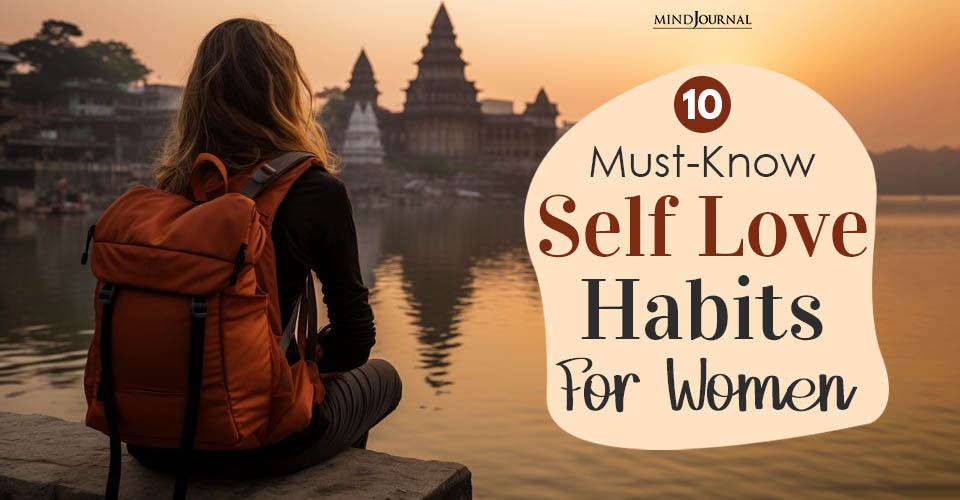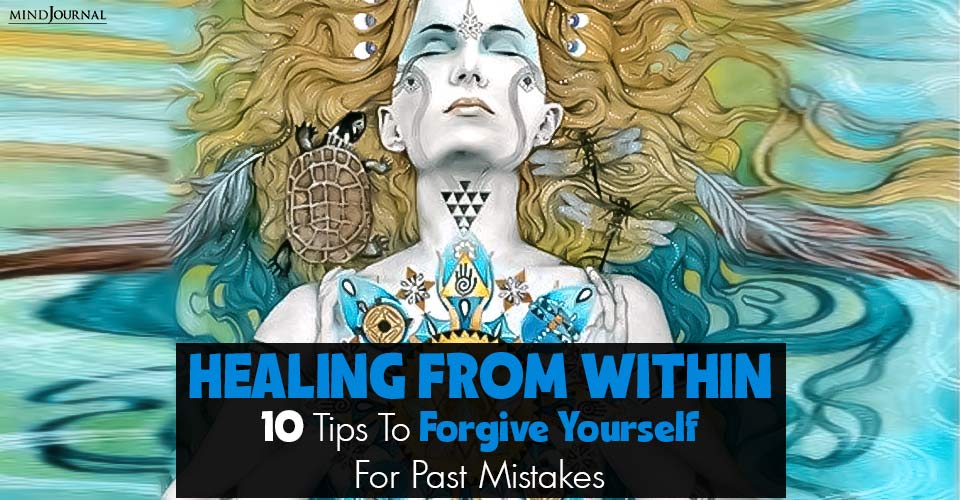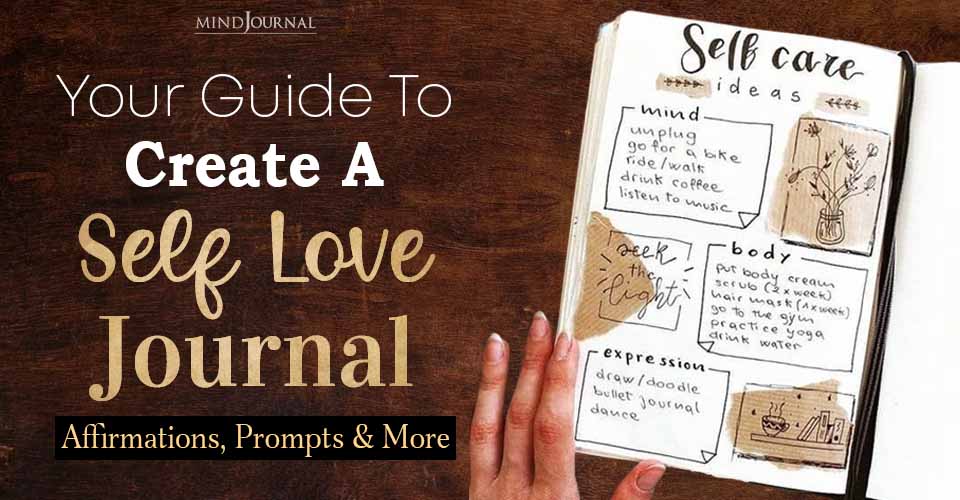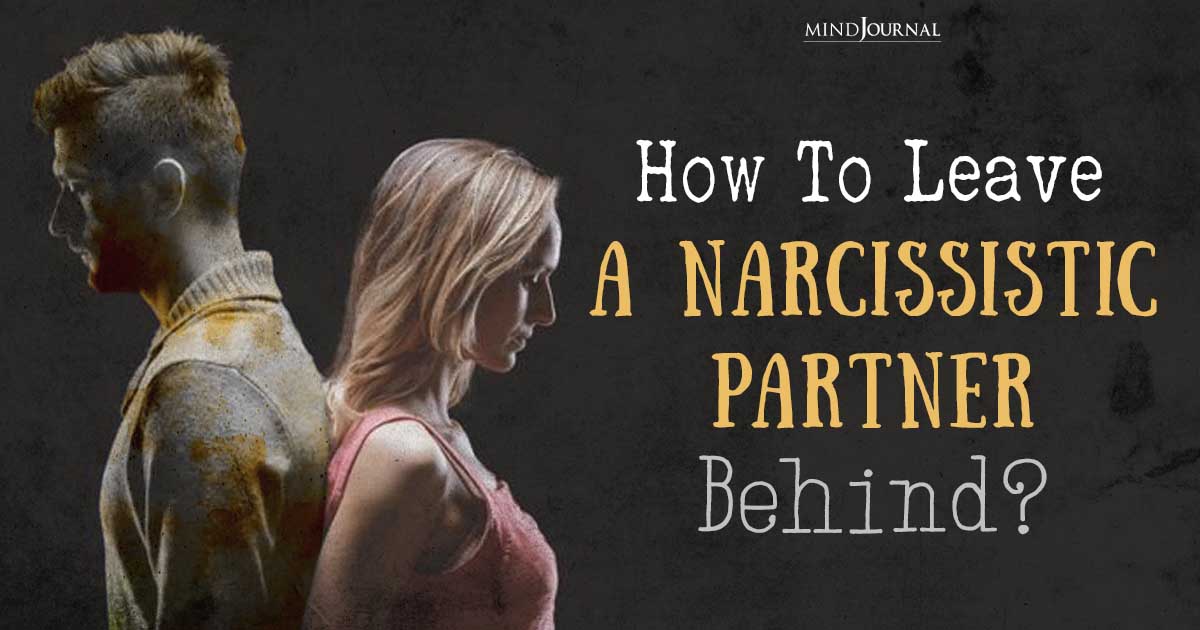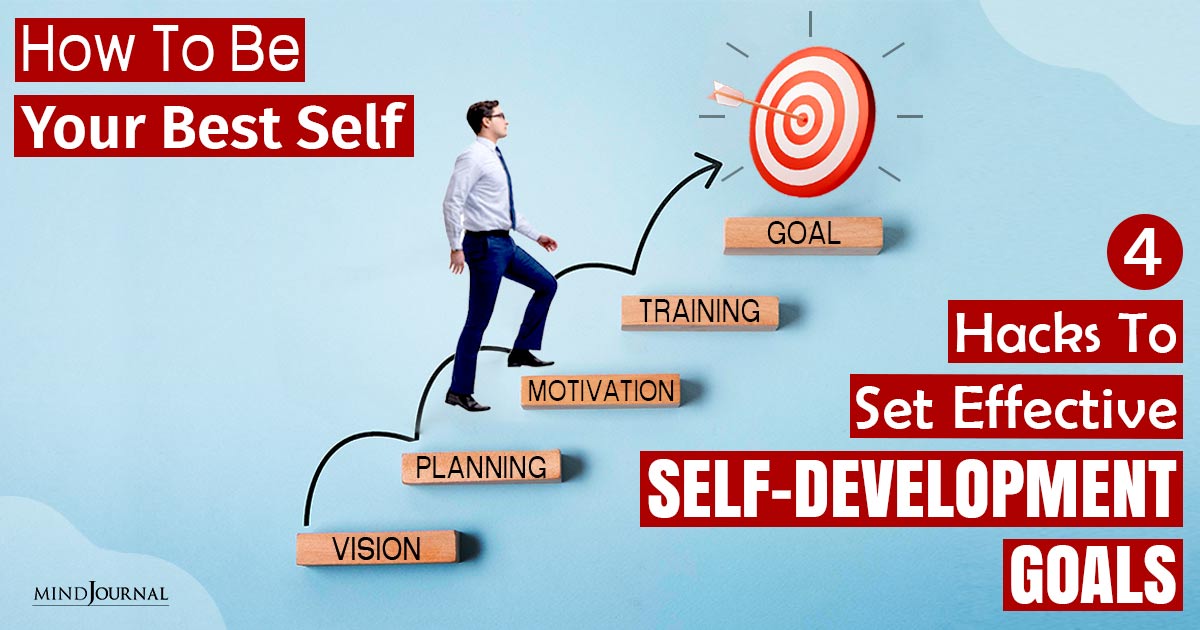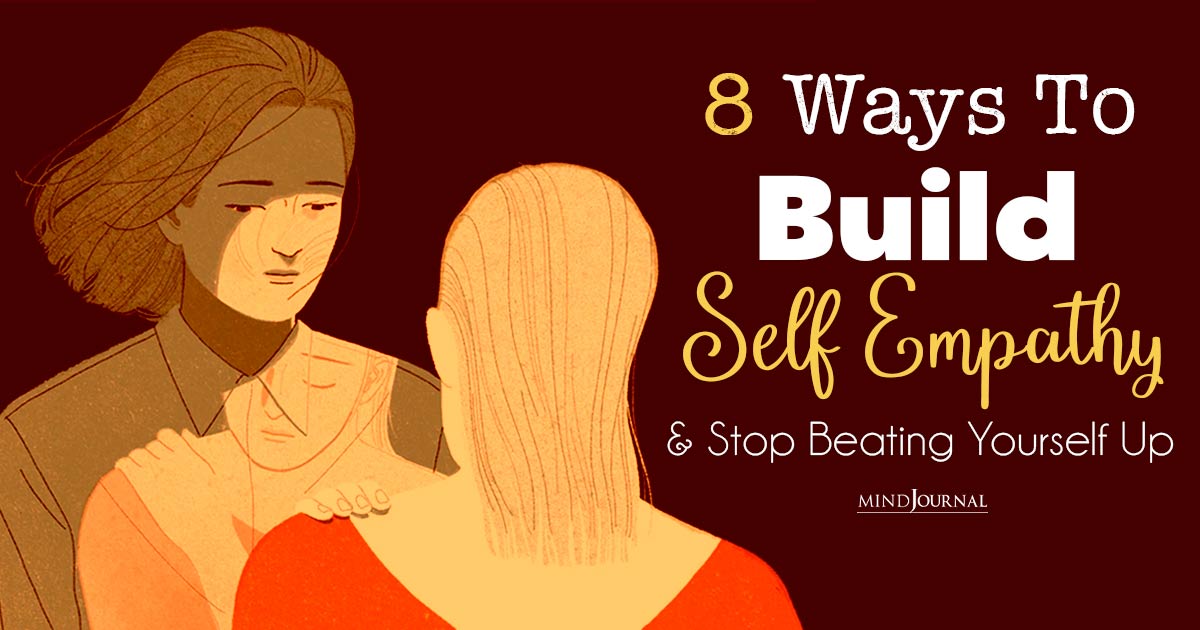Category: Self Love
It’s difficult to love yourself when all the odds are stacked up against you. But loving yourself is exactly what you will need to do the most in those times. It’s easy to wallow in self-pity, let go of yourself, and give up. But it will never change your situation. Why not try a different approach?
Pamper yourself, teach yourself stuff, take yourself out, and in no time you will start feeling better about yourself. You will radiate happiness and others will be in awe of your personality.
To practice self love, head over to the best self love blogs on The Minds Journal. Our blogs about self-love will offer you an empowered way to make yourself your top priority.

